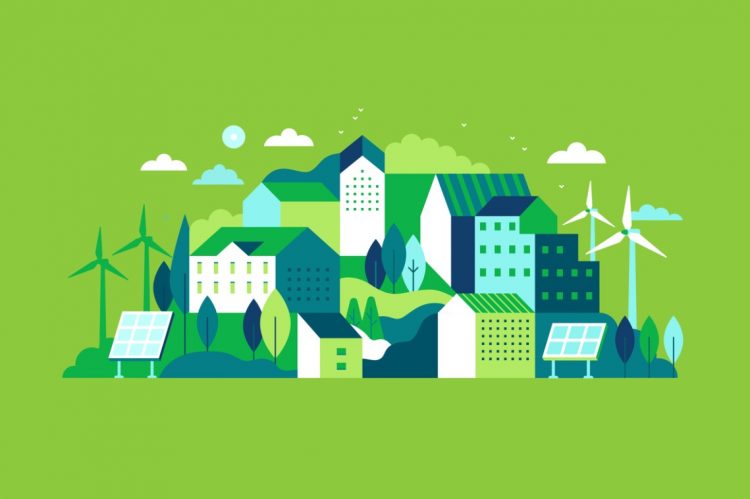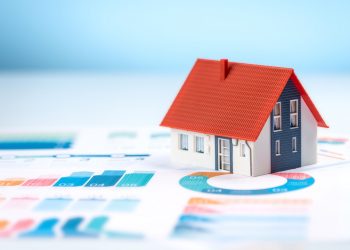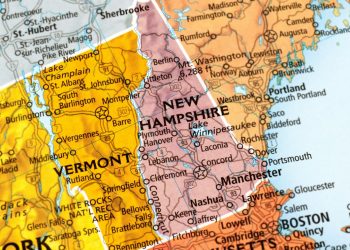Homebuyers’ preferences are constantly evolving, but their desire to live in a home with increased energy performance and a more comfortable, healthier, living space has only grown.
While most modern homes include green features, finding one that meets your clients’ expectations can be challenging, especially in tight real estate markets. For buyers, the solution often involves finding an agent who understands their priorities and can help decide if a home measures up—or can be modified without breaking their budget.
High-performance homes have always been in demand, but four trends have intensified interest recently:
- Electricity costs more.
In less than three years, the average price of electricity in U.S. cities has risen over 24%, from 13.6 to 16.9 cents per kilowatt-hour, driving up the cost to heat, cool, and power a home’s lights and appliances.
Already faced with high housing prices and interest rates, many buyers want to know the cost of operating a home before buying it. The answer isn’t as simple as asking for the owner’s utility bills because energy consumption patterns could differ significantly.
Instead, agents can help buyers evaluate a home’s energy-performance features. For example, a cooling system with a high SEER rating can bring instant relief to homebuyers that may face intense heatwaves.
Also, be ready to recommend resources like energy auditors if your buyer wants to include an audit in the inspection process or treat it as a contract contingency. Getting familiar with auditors’ rating systems, like the Home Energy Rating System (HERS®), Home Energy Score (HES), and the Pearl Certification is also helpful.
- New ways to save.
Agents familiar with various rebates and tax credits can help guide their buyers in selecting the best properties for making an existing home more energy efficient while enjoying substantial savings on upgrades.
For example, the 2022 Inflation Reduction Act (IRA) includes a 30% tax credit for solar panel installations (with an extra 10% credit for American-made panels) and up to $14,000 for energy-efficient home improvements. Individual states may offer additional incentives.
- Climate considerations.
Majorities of homebuyers and sellers say they’re reluctant to move to areas at risk of natural disasters, extreme temperatures, and/or rising sea levels. However, that hasn’t stopped the flow of new residents into numerous disaster-prone areas.
Agents can’t predict the likelihood of a devastating local event. Still, they can help buyers evaluate whether a home includes improvements like a reinforced roof and garage door, impact-resistant glass, or storm shutters in areas where hurricanes threaten.
Agents should be able to point buyers to the best climate risk data resources to form their conclusions about the risks they may face. Also, be ready to advise your buyers on the potential need for special insurance riders to cover damages from extreme weather events.
- Other factors.
Eco-savvy agents can support clients in many other ways, including sellers. For example, highlight how a home includes upgraded features like energy-efficient systems, a tight building envelope, or a whole-house air purification system. You’ll help sellers entice buyers eager to purchase a green home—and pay more for it.
Getting up the speed
If buyers and sellers prioritize sustainable home features—or want to maximize the eco-aspects of their purchase or sale price—they want an agent who understands the many nuances and technical aspects of green real estate.
Fortunately, the GREEN Designation provides essential training and members-only resources so agents can leverage this vital opportunity and stay at the forefront of the green real estate industry.
The two-day Green Designation program is offered online or in person. Learn more at https://green.realtor/.











